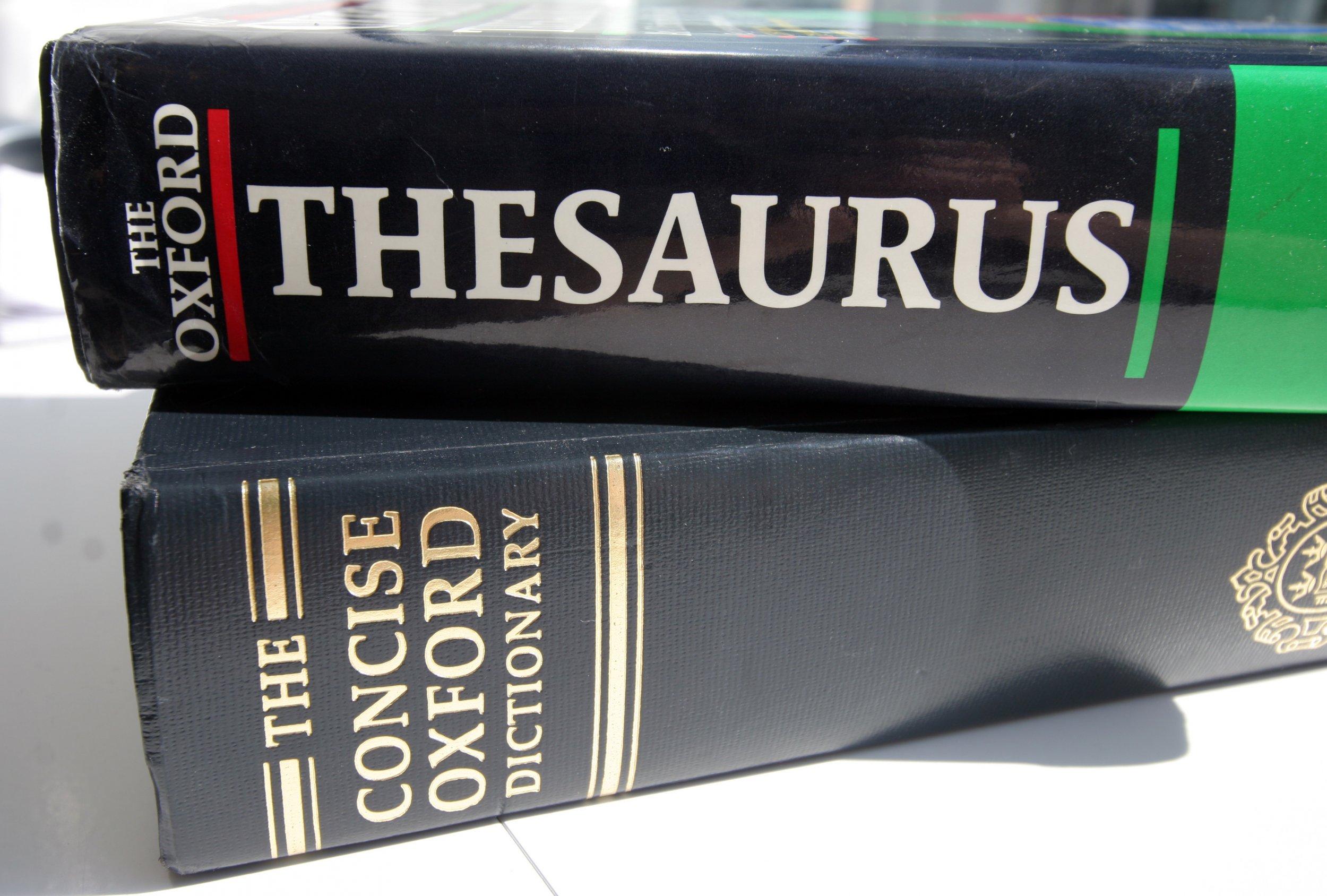
The year about to conclude presented many portents that Western civilization is in irreversible decline, from the inexplicable candidacy of Donald Trump to the confounding celebrity of Kylie Jenner. Among the surest signs that our culture is, as Mr. Trump would have it, a complete disaster is the state of our language, in particular the debasement thereof by Internet meme culture. And while it is true that every year sees the inclusion of new words in the dictionary—languages do grow, for better or worse (mostly for worse)—2015 proved the year that the language of Shakespeare and Milton became the language of Snapchat and Twitter.
Some of the words below have been floating through the Internet for a few years, bandied about by those wacky, freewheeling millennials, still living in their parents' basements, dreaming of ways to save the world through hashtag campaigns. This year, though, those words entered one of several presumably respectable dictionaries (the American Heritage, the online Oxford, etc.), thus becoming part of the mainstream—as American as apple pie and casual racism. It is now entirely conceivable that your weird uncle in Duluth, the one with the extra long nose hair, goes around dropping "on fleek" like dandruff.
It's time to run for the hills.
1. piecaken
I refuse to believe that this is a real thing. Rather, piecaken—both word and concept—has obviously been invented by ISIS to portray American culture as hopelessly decadent and gluttonous. If you use this word in a nonironic manner, then the terrorists will win.
2. yaaas
Because yes is difficult to spell and not emphatic enough. Using yaaas announces to the world that you are an enthusiastic, energetic individual ready to seize the day by, for example, Instagramming your massaged kale salad or tweeting a joke about Martin Shkreli and his $2 million Wu-Tang Clan album. Also, that you might be 11 years old.
3. feels
According to Urban Dictionary (where I generally go in search of knowledge), feels is a noun that means "a wave of emotions that sometimes cannot be adequately explained." Now, feels has coasted into the real(ish) dictionary, carried there by a wave of Gen Z earnestness. Let me try out: It feels to me like the makers of our dictionaries are pandering shamelessly to the consumers of cat memes in hopes of convincing people that dictionaries are still relevant, when the much more responsible way to do so would be to act as gatekeepers of the language by practicing the old-school virtues of judgment and discretion.
Wait, I don't think I used that correctly.
4. hangry
To be angered by one's hunger. In other words, to be hungry. Hangry has actually been around for about a decade, but it was only recently added to the online Oxford Dictionaries, whose lexicographers must have been waiting until cultural standards had declined sufficiently to make this entry something other than a joke. So here we are. Only use this word if your heroes are Dane Cook and Guy Fieri. And even then, use sparingly.
5. listicle
Added to the American Heritage Dictionary this year. A listicle is a list about icicles. Can also refer to a list written on the side of an icicle, an ancient Nordic practice now being revived in warehouse Brooklyn. It is also why Buzzfeed is worth more than the gross domestic product of Albania, while print newspapers are becoming as rare as pay phones and moderate Republicans.
6. butthurt
This word—which describes a feeling of acute injury—supposedly comes from the injury that results from spanking. The word is inexact, unappealing to the ear and, according to some, kind of rapey and/or homophobic. I am not a doctor, but if your butt hurts, it probably has nothing to do with having been insulted. You probably just have hemorrhoids. Consider switching to two-ply.
7. drunk text
That one was snuck in on the day when some Penn State frat bros took over the offices of the Modern Language Association. Those guys are so crazy!
8. facepalm
The inclusion of facepalm in a dictionary deserves a facepalm. Maybe an eye gouging, too, for good measure.
9. awesomesauce
I can already see it: Many centuries in the future, two anthropologists from Mars are digging through the ruins of human civilization on Earth when they come across a dictionary entry for awesomesauce.
"But they already had awesome," one of the Martians says, confused. He is the younger of two and is completing a dissertation on the Kardashian Dynasty.
"Yes, but as their cognitive abilities declined," replies the other, "they took to amusing themselves by creating meaningless words like awesomesauce and crazypants."
"So when exactly did awesomesauce become a part of the lexicon used by this tragic species?" asks the younger Martian.
"Right around the time of the first Trump presidency," answers his elder.
10. percutaneous coronary intervention
A new medical term added to the American Heritage Dictionary, it refers to "the opening of narrowed or blocked coronary arteries by means of balloon angioplasty." These dictionary makers have got to stop shamelessly catering to Buzzfeed.
Uncommon Knowledge
Newsweek is committed to challenging conventional wisdom and finding connections in the search for common ground.
Newsweek is committed to challenging conventional wisdom and finding connections in the search for common ground.
About the writer
To read how Newsweek uses AI as a newsroom tool, Click here.








